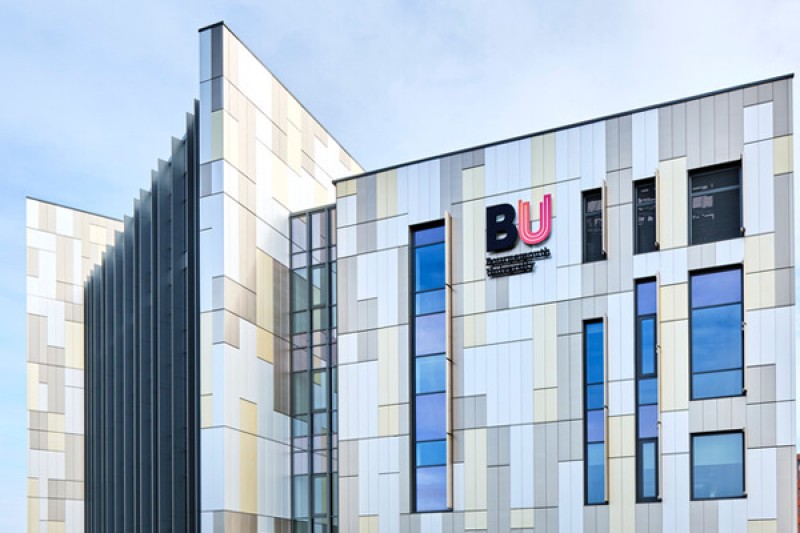
On Saturday the 16th of March, leading media literacy researchers from the US and the UK discussed strategies to combat fake news at a workshop event in Here East, Queen Elizabeth Olympic Park, London.
‘Media Literacy versus Fake News: Critical Thinking, Resilience and Civic Engagement’ bought together teachers, librarians, journalists, digital media producers and young A-Level media students to tackle disinformation in the media.
The event was funded by the US Embassy in London and led by The Centre for Excellence in Media Practice (CEMP), a research centre based in the Department of Journalism, English and Communications at Bournemouth University, with support from the UK Media Education Association.
CEMP head and event chair, Professor Julian McDougall, Professor in Media and Education, researches media literacy and the importance of media education for young people in fostering critical thinking, creativity and civic agency.
See the EU analytical report: ‘Teaching media literacy in Europe: evidence of effective school practices in primary and secondary education’, authored by Julian McDougall, Marketa Zezulkova, Barry van Driel and Dalibor Sternadel.
The interactive workshop aimed to develop a strategy for harnessing media literacy to develop young people’s resilience to ‘fake news’, using case study examples from both the UK and the US. This discussed strategy will now result in the culmination of an online open access toolkit for media literacy resilience.
Speakers and workshop leaders included: Dr Monica Bulger, Professor David Buckingham, Professor Paul Mihailidis, Dr Roman Gerodimos and Dr Karen Fowler-Watt.
Through dialogue with these media academics, and attending teachers, students, journalists and library professionals, the goal was to deliberate the foundation for a toolkit resource that is accessible and of value to all of these groups of people.
Workshop volunteers were split up into smaller groups to include people from across all attending stakeholder groups. The first discussion focused on the phenomenon of fake news, or disinformation. Secondly, groups discussed trust in relation to news. Debate centred on transparency, the differentiation of fact and opinion, and a journalist’s commitment to obtaining truth. The final workshop questioned existing media literacy resources designed to help highlight the issues associated with fake news. The consensus was that any new resource had to be reliable, engaging and succinct; the groups particularly liked the current BBC resources on fake news and their iReporter game.
Professor McDougall reveals what he learned from the event: “The role of libraries in critical literacy is misunderstood; there is a need to find common ground between the need for professional journalism in a democracy, regulation of the web and critical analysis of mainstream media. It is essential that we move beyond a false binary between ‘fake news’ and mainstream media. Fundamentally, there is consensus among stakeholders that Media Studies should be a mandatory subject in UK schools.”
View the project event page, which includes videos of keynote speeches and panel discussions.
Professor McDougall continued to discuss the project’s next steps: “The toolkit will be available for online open access in July. We will share the project’s findings at a number of international events and are working closely now with library professionals on a pathway to impact. There will also be a book on this topic, to be published by Palgrave MacMillan later this year, titled ‘Fake News vs Media Studies: Travels in a False Binary’ (Julian McDougall).”
Professor McDougall has shared various aspects of his research in keynote speeches and field workshops, including the Media Education Summit in Hong Kong, a symposium in Moscow, and European Commission events in Brussels, Croatia with a forthcoming symposia in Georgia.



